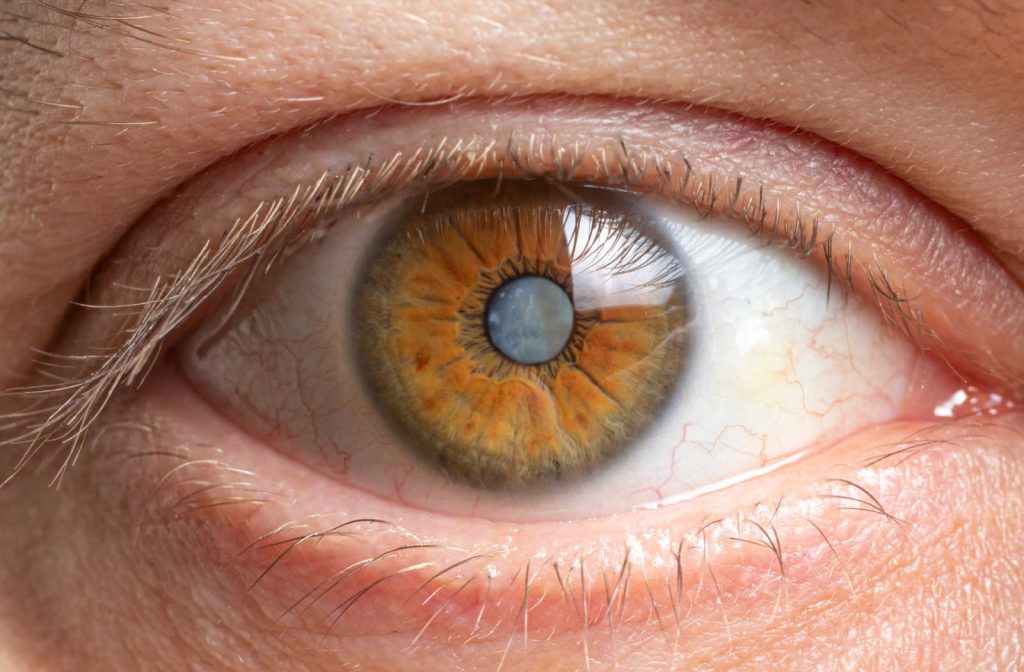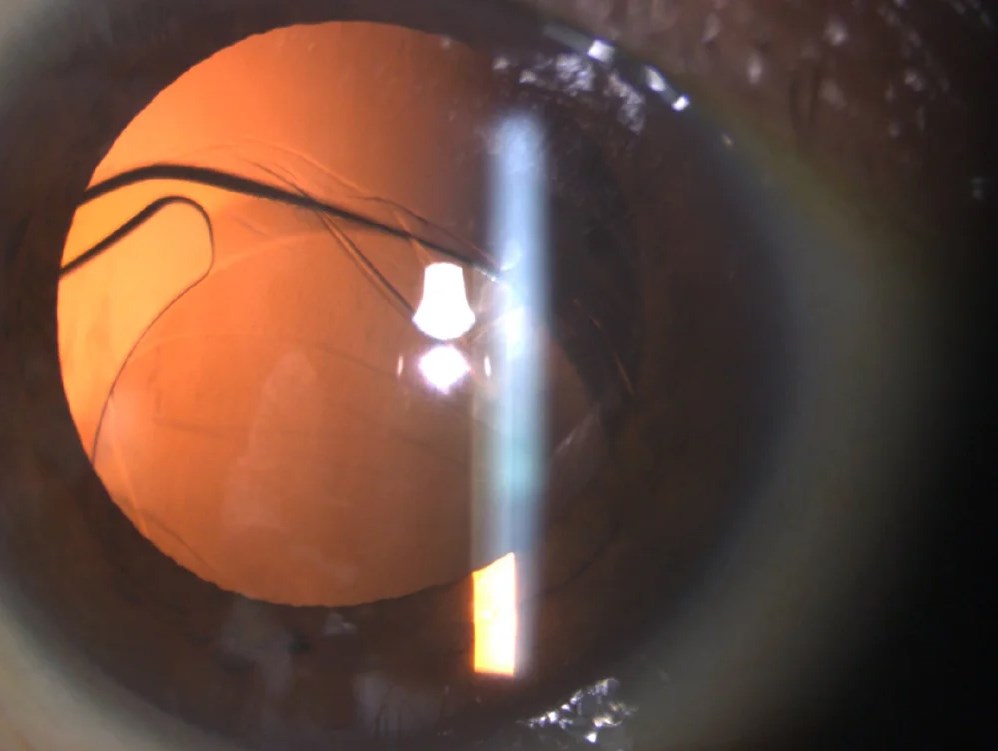An intraocular lens is one of these lenses (IOL) that plays a crucial role in helping cataract sufferers regain their vision. With that, there are purposes, benefits, kinds, and issues surrounding the use of intraocular lenses in cataract surgery.
Most people will experience cloudiness or blurring in their eyesight at some point in their life; this condition is called cataracts. The clumping of protein in the eye’s lens, which impairs vision clarity, is what causes cataracts. The common treatment known as cataract surgery entails taking away the clouded lens and replacing it with an artificial one.
Understanding Intraocular Lens (IOLs)
Contents
As was previously noted, intraocular lenses, or IOLs, are artificial lenses that are used during cataract surgery to replace the natural lens of the eye.
IOLs have transformed cataract surgery by offering a durable means of vision restoration. IOLs can be custom-manufactured to match a person’s eye power and are often constructed of silicone, acrylic, or plastic.

IOLs are very important in the realm of ophthalmology. They are utilised not just in cataract surgery but also in refractive lens exchange procedures, in which the purpose of the lens replacement is to alter the focusing power of the eye in order to cure myopia or hypermetropia. Since IOLs provide a long-term fix for sharp vision following cataract surgery, they have replaced the need for bulky spectacles or uncomfortable contact lenses, which were formerly the norm.
Advantages of Using Intraocular Lens for Cataract Surgery
The effectiveness of IOLs in cataract surgery is well documented. That is because once the natural lens is removed during this procedure, the eye is unable to focus which makes the patient virtually blind. This is where IOLs come in by replacing the missing lens and allowing the patient to see it again.

The surgery has a high rate of success and people can resume their normal activities a day or two after restoring their vision. This procedure has been proven to enhance the quality of life for patients significantly.
The use of IOLs is found to be more advantageous in comparison to other methods of vision restoration post-cataract surgery which includes the use of contact lenses or glasses. IOLs provide a more stable and reliable fix for visual problems in comparison to glasses and contact lenses.

These glasses and contact lenses need repeated adjustments and add an extra step to the patient’s daily life while avoiding the risks of eye infections or corneal abrasions.
Types of Intraocular Lens for Cataract Surgery
IOLs are available in several forms based on the patient’s unique requirements and circumstances, much like glasses or contact lenses. IOLs can be broadly categorised as accommodating, multifocal, and mono-focal.
IOLs that are mono-focal are the most widely used type and provide sharp vision at a single distance—near, middle, or far. Multifocal IOLs, like bifocal or progressive glasses, offer crisp vision at various distances. Like the eye’s natural lens, accommodating intraocular lenses (IOLs) can shift focus on objects at various distances.

With that, there have been numerous cases of successful surgeries using the different types of IOLs. A study published in the Journal of Cataract & Refractive Surgery found that more than 92% of patients who had cataract surgery and subsequent IOL implants had experienced improved visual acuity.
Considerations Before Choosing IOLs for Cataract Surgery
There are risks and complications to the use of IOLs for cataract surgery like any other procedure. With IOLs, There can be instances of post-surgery inflammation, infection, IOL dislocation, or even retinal detachment. Keep in mind though that having a reputable professional who takes the proper precautions will make your procedure safer as these complications are rare anyway.

The decision to choose IOLs for cataract surgery requires careful consideration of the patient’s broader health status, lifestyle needs, and financial capabilities. There are also the patient preferences combined with the consultation from the ophthalmologist along with the suitability of the type of IOL that will play a major role in the decision to undergo the procedure.
the use of intraocular lenses for cataract surgery has indeed been a boon to the field of ophthalmology. It not only effectively restores vision after cataract surgery but also negates the need for contact lenses or glasses, that previously were less convenient and efficient. The choice of the type of IOL to be used should be made carefully, considering various factors including the patient’s preferences and the guidance of the ophthalmologist.

Being aware of the possibilities and informed about the options can help ensure you make the best decision for your eye health. The role of the professional is of course, always, to ensure the best patient outcome and the right IOL would certainly contribute to a successful cataract surgery.

